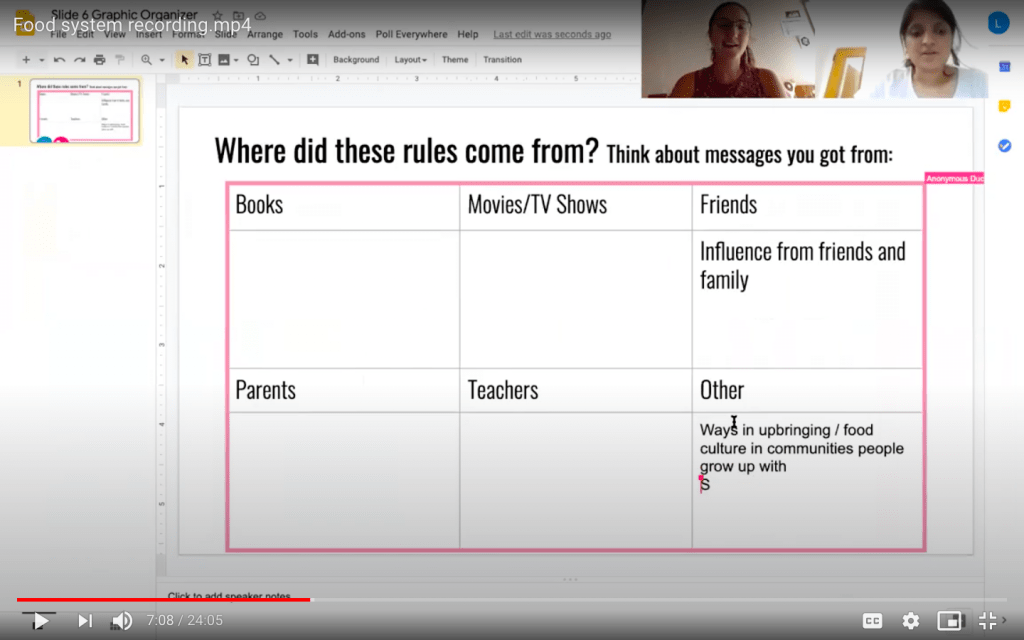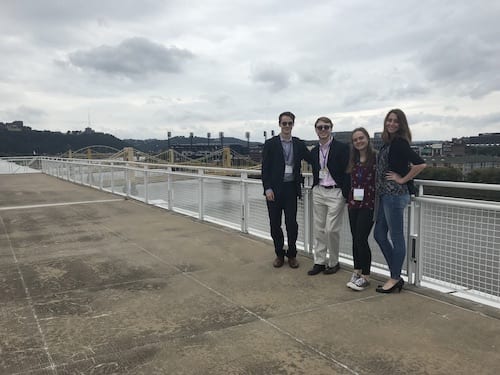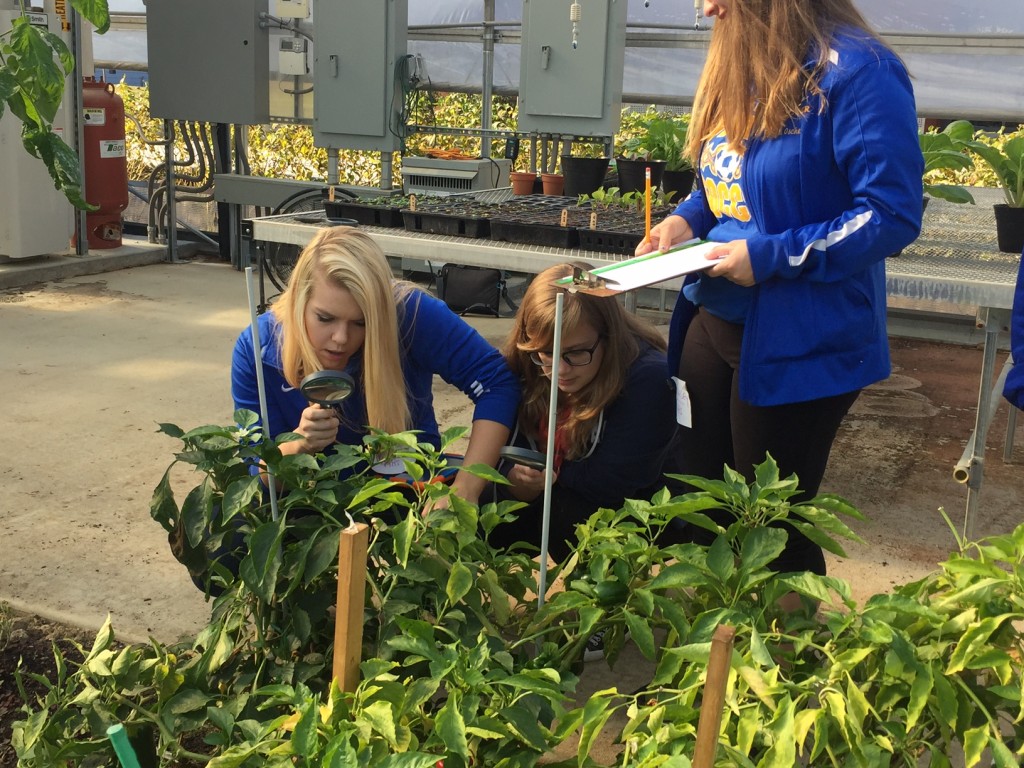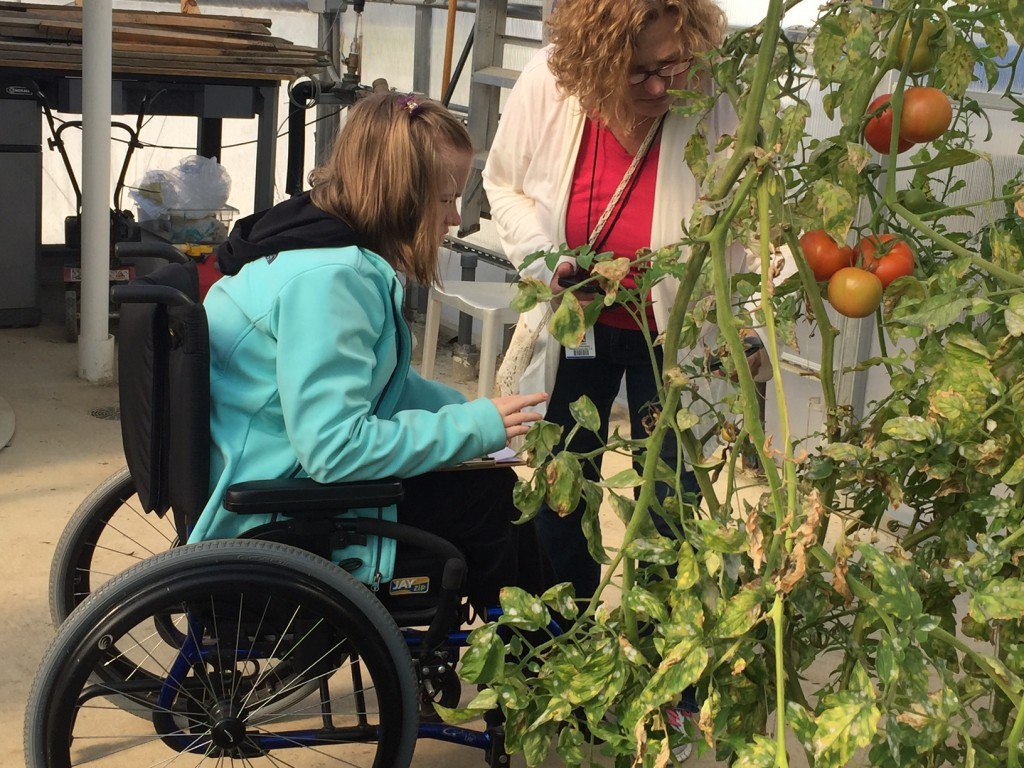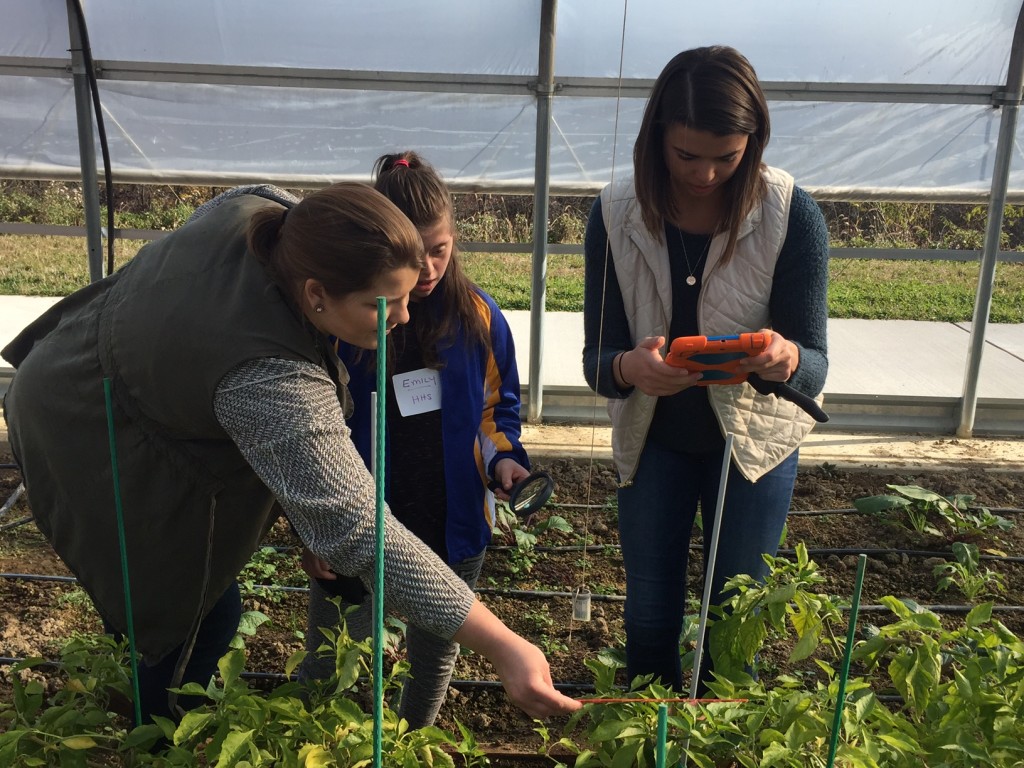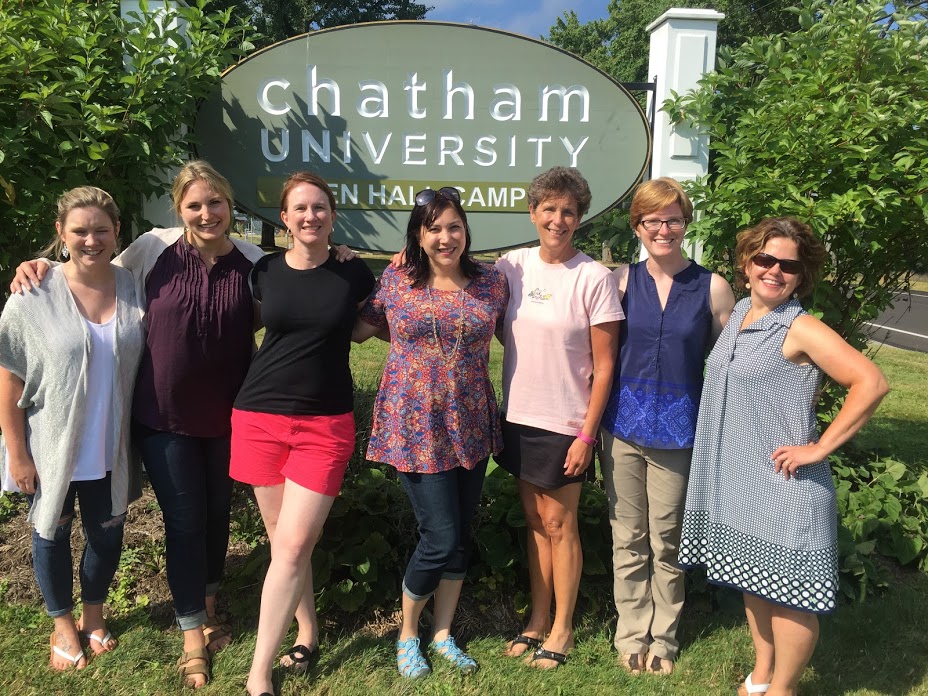Hello, my name is Jeremiah Davis, and I am a new member of the Chatham University’s Eden Hall K-12 Program staff. I am a first-year Sustainability student interested in community development and public service. I have been working on developing a virtual community development field trip to introduce students to the cool field of community development. When I first heard about virtual field trips, my head tilted: ‘How are you going to have a virtual field trip?’
Well, I have been pleasantly surprised by the awesome work that my fellow staff members have been producing! Through the use of virtual learning tools, video production, and interesting topics such as climate change and pollution, finding a unique angle to approach it and then connect that back to Eden Hall has made for some really interesting content! Lexi Kalpa, our Field Trip Coordinator, and undergraduate education and sustainability student and long-time staff member at the Eden Hall K-12 Program, developed one of our field trips on green buildings. I had no idea about green buildings previously; I was vaguely aware of LEED as a certification system for buildings, but that was about it! In the span of 40 minutes, we explored the science behind green buildings, different certifications, the value of design and space, and how buildings can be used for social justice. My favorite part of the field trip was the video filmed and produced by our team showing behind-the-scenes footage of the sustainable Eden Hall Campus. K-12 students are going to love seeing the physical beauty of Eden Halll’s buildings and learning about all the creative solutions being implemented that align with the concepts from the other parts of the virtual field trip.
Although being in a virtual space has been a challenge, it has pushed us to be more creative in crafting an experience that is engaging to students. That is a hard task to achieve with in-person field trips, and is doubly as hard in a virtual space! Using virtual learning tools such as Google Jamboard, Padlet, Menti, and my personal favorite, 3D images, has been crucial in developing engaging field trips. For younger students, we are excited to partner with other organizations to provide hands-on learning extension kits to have a tactile aid to help with their learning and engagement.
Members of the staff have been tasked with working on different field trips and other things around the office, so I also wanted to introduce the newest members to the team and talk about what they have been working on:
H.R. Liotta, our social media manager and sustainability educator, has been working on updates to the Green Building field trip developed to further improve the experience for students. H.R. is also a second-year arts management major and involved in theater and other things around Chatham.
Nora Robb is a sustainability educator and a second-year early education major. She has been working on our K-3 energy and ecology field trips, the latter of which will introduce students to Eden Hall’s sensory garden. She hopes to become an elementary school teacher, so this is great practice for her future career!
Jared Greenberg is our sustainability educator/blog manager, and he is a first-year master student in the food studies program. He has been working on the behind-the-scenes videos of rainwater capture systems and the sensory garden at Eden Hall for the 4-8 pollution and K-3 ecology field trip, respectively. He hopes to be a food writer, writing about the intersection of food and social justice.
Brooke Duplantier is a sustainability educator, and she is a second-year master student in the food studies program. She has been working on our 4-12 ecology field trip focusing on Chatham’s landscape management practices, introduced species, land colonization and indigenous ecology.
Our veteran student staff, Rashmi and Lexi, have also been hard at work on:
- K-3 food field trips where students get to meet Eden Hall’s farm animals and learn how they help the garden grow
- 4-12 food field trips exploring norms and rules we give each other around food in society, who benefits from these rules and who experiences social barriers to food sovereignty
- 4-12 energy field trips digging into Eden Hall’s renewable energy systems and their data and then learning ways to make energy efficiency and renewable energy more accessible to all
All of us can’t wait to facilitate trips for your students!
For more information about field trips or to book a “trip”, visit our Virtual Field Trips Website or contact Lexi Kapla by emailing fieldtrips@chatham.edu
This post was written by Jeremiah Davis
